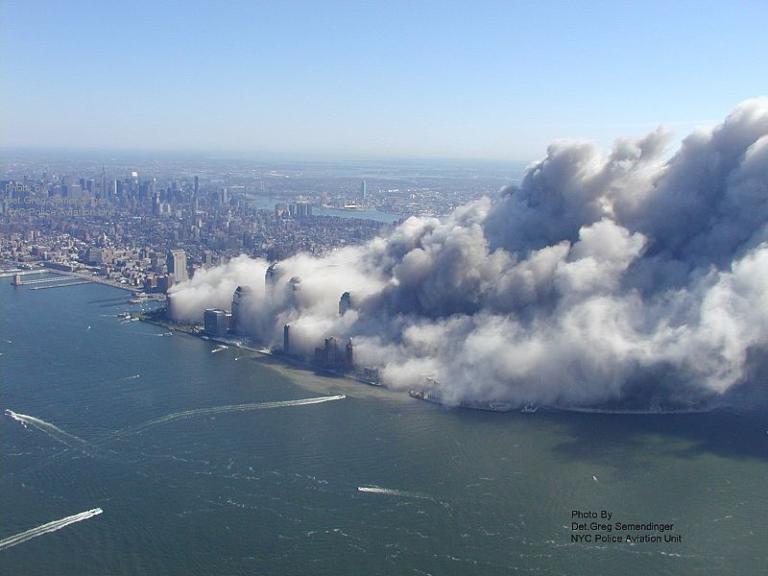
(Wikimedia Commons public domain photo)
I share here a random potpourri of passages that I marked while reading James Zogby, Arab Voices: What They Are Saying to Us, and Why It Matters (New York: Palgrave Macmillan, 2010). Jim Zogby (and his famous pollster brother, John) grew up as first-generation Americans in an Arab Catholic family:
. . . as my mother would say, “lesser men display what they don’t know at the tops of their voices.” (7)
He tells of the hate mail and death threats that he received after the terrorist attacks of 11 September 2001:
Some were personal: “Jim, you towel head. Death to every Arab. We’ll slit your throat and kill your children.” (15)
Each day after the attack, as I read new reports detailing the activities of the hijackers leading up to 9/11, I was struck by how sinister it was that these men, armed with such hideous intent, were able to take advantage of the opportunities and the almost naïve goodwill of so many Americans. The hijackers had found homes in which to live and schools to train them, and they had moved about without question — all the while planning their deadly mission.
How was it, I wondered, that as these hijackers prepared to kill thousands, they weren’t moved to question their intended evil by the good they saw around them every day? The answer lies in the perverse logic of closed ears. Fundamental to terrorism is a willful abstraction, a dehumanizing of victims, and a blunt refusal to understand. The terrorist’s mind-set relies on an active denial of reality. (16)
Summarizing the results of the huge eight-country survey that he and his brother had carried out via Zogby International:
What did we find in this in-depth examination of Arab attitudes? For one, we learned that Arabs are largely focused on issues close to home. When we asked our respondents what mattered most to them in their lives, they identified “the quality of [their] work,” “family,” “religion,” and “job security.” Similarly, when we asked those surveyed to rank their top political concerns in order of priority, the overall focus once again appeared to be on their personal and family life, with an interesting twist: ranking number three, just after “protecting civil and personal rights” and “health care,” and just ahead of “personal economic security,” was “the rights of the Palestinian people.” (26)
I hope that, when it’s finally finished, those who read my book will be able to answer the questions implied in the first four items below more accurately, and that it will have increased their interest in learning more:
- Americans who incorrectly identify Iran as an Arab country: 65%
- Americans who know that Iraq shares a border with Syria: 23%
- Americans who can identify 1948 as the year of Israel’s War of Independence: 37%
- Americans who believe that Muslims tend to be religious fanatics: 42%
- Americans who say they would like to know more about Arab countries and people: 59%
Zogby International Poll of American Opinion – December 2009 (29)











